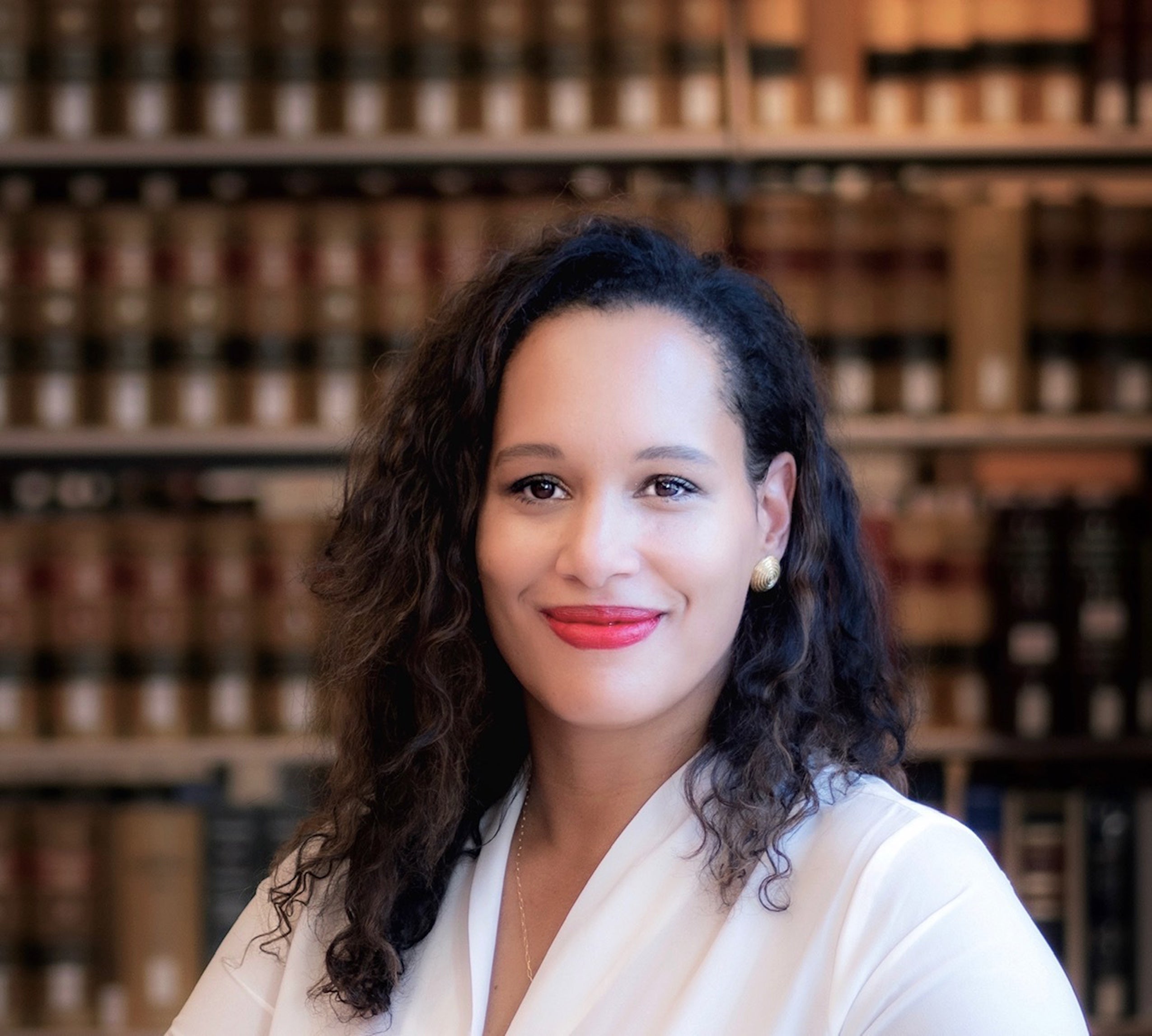
Casting a skeptical eye on the “near-universal assumption that law and emotion must be kept apart,” Anna Spain Bradley ’04 explores how personal choice has influenced important decisions about international peace and security in her new book “Human Choice in International Law” (Cambridge University Press). The book explores research on neuroscience and cognitive science to help readers understand the judgments of people who create and shape international law. For example, she writes on how decision-makers on the U.N. Security Council were influenced by their values and beliefs when authorizing the use of force in Libya. Spain Bradley, now the vice chancellor for equity, diversity, and inclusion as well as a professor of law at UCLA, previously practiced international law as an attorney-adviser at the U.S. Department of State Office of the Legal Adviser, where she represented the U.S. before the Iran-U.S. Claims Tribunal in The Hague and as a delegate to the United Nations Compensation Commission in Geneva. She was inspired to write the book after she encountered an international judge whose court decided not to hear a genocide case based on complex legal grounds. The judge expressed to her that any emotions the judges on the court had about the case were inconsequential. But she argues that the science of the brain reveals that we cannot simply choose to ignore our emotions.